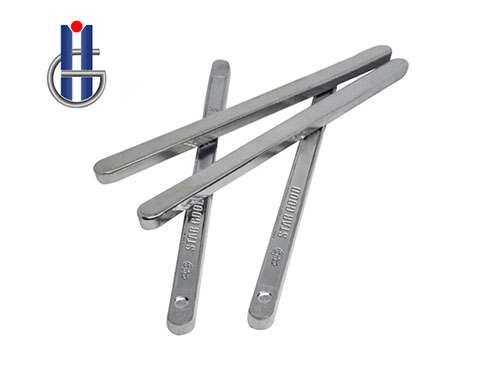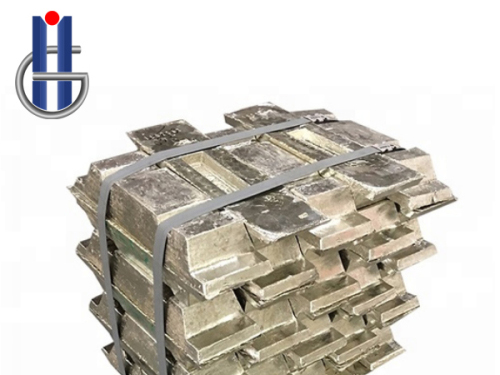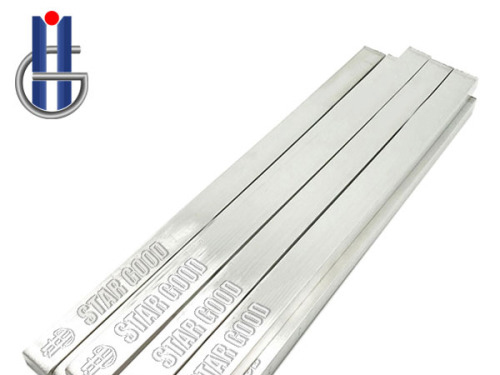Introduction
Solder wire, a fundamental component in electronics and metalwork, is a low-melting-point metal alloy used for joining, bonding, and repairing various materials. It plays a crucial role in both amateur DIY projects and professional industrial applications. In this article, we will explore the characteristics, applications, and advantages of solder wire.
I. Understanding Solder Wire
Solder wire is a thin, easily malleable wire that typically consists of a mixture of various metals, with lead-tin and lead-free alloys being the most common compositions. The primary function of solder wire is to create a strong and reliable connection between two or more components by melting and solidifying at a relatively low temperature.
II. Characteristics of Solder Wire
Low Melting Point:
Solder wire is formulated to melt at temperatures lower than the materials it is joining. This low melting point minimizes the risk of damaging or deforming the components being soldered.
Flux Core: Solder wire often contains a flux core, which serves multiple purposes. Flux helps clean the surfaces to be soldered, facilitates the wetting of the solder, and prevents oxidation during the soldering process.
Various Compositions: Solder wire is available in different compositions, including lead-tin alloys and lead-free options. The choice of composition depends on the specific application and environmental considerations.
Different Diameters: Solder wire comes in various diameters, allowing for precise control and application in different situations.
III. Applications of Solder Wire
Solder wire finds a wide range of applications across various industries and hobbies:
Electronics: Soldering is fundamental to the assembly and repair of electronic circuits, from soldering components onto circuit boards to making connections in wiring harnesses.
Plumbing: In plumbing, solder wire is used to join copper pipes and fittings. The solder creates a watertight seal, preventing leaks in water supply systems.
Jewelry Making: Jewelers use solder wire to create intricate and delicate jewelry pieces, allowing them to join precious metals with precision.
Automotive Repair: Solder wire is employed in automotive repair to mend electrical connections, such as wiring harnesses and sensor connections.
Crafts and DIY Projects: Hobbyists and DIY enthusiasts use solder wire for various projects, including building radio-controlled devices, crafting, and small home repairs.
IV. Advantages of Solder Wire
Strong and Reliable Bonds: Soldered connections are known for their durability and electrical conductivity, making them ideal for electronic applications.
Ease of Use: Solder wire is easy to handle, making it accessible to beginners and professionals alike.
Low Operating Temperature: Soldering can be performed at relatively low temperatures, reducing the risk of heat damage to sensitive components.
Versatility: Solder wire can be used to join a wide range of materials, including metals, ceramics, and some plastics.
Lead-Free Options: With growing environmental concerns, lead-free solder wire options are available to reduce the environmental impact and health risks associated with lead.
Conclusion
Solder wire, with its low melting point, flux core, and versatile compositions, serves as the adhesive that holds together a multitude of projects and industrial applications. From electronics and plumbing to jewelry making and DIY projects, solder wire plays a pivotal role in creating strong, reliable connections that have become essential in our modern world. As technology continues to evolve, solder wire remains a steadfast companion in the realm of manufacturing and repair.



 High Purity Tin Ingot: Crucial Applications and Benefits
High Purity Tin Ingot: Crucial Applications and Benefits
 Pure Tin Ingot: Essential Material for Diverse Industrial Applications
Pure Tin Ingot: Essential Material for Diverse Industrial Applications
 Unlocking the Potential of Pure Tin Bars: Essential Components for Diverse Industries
Unlocking the Potential of Pure Tin Bars: Essential Components for Diverse Industries
 Lead Bar for Sale: Uses, Specifications, and Buying Considerations
Lead Bar for Sale: Uses, Specifications, and Buying Considerations